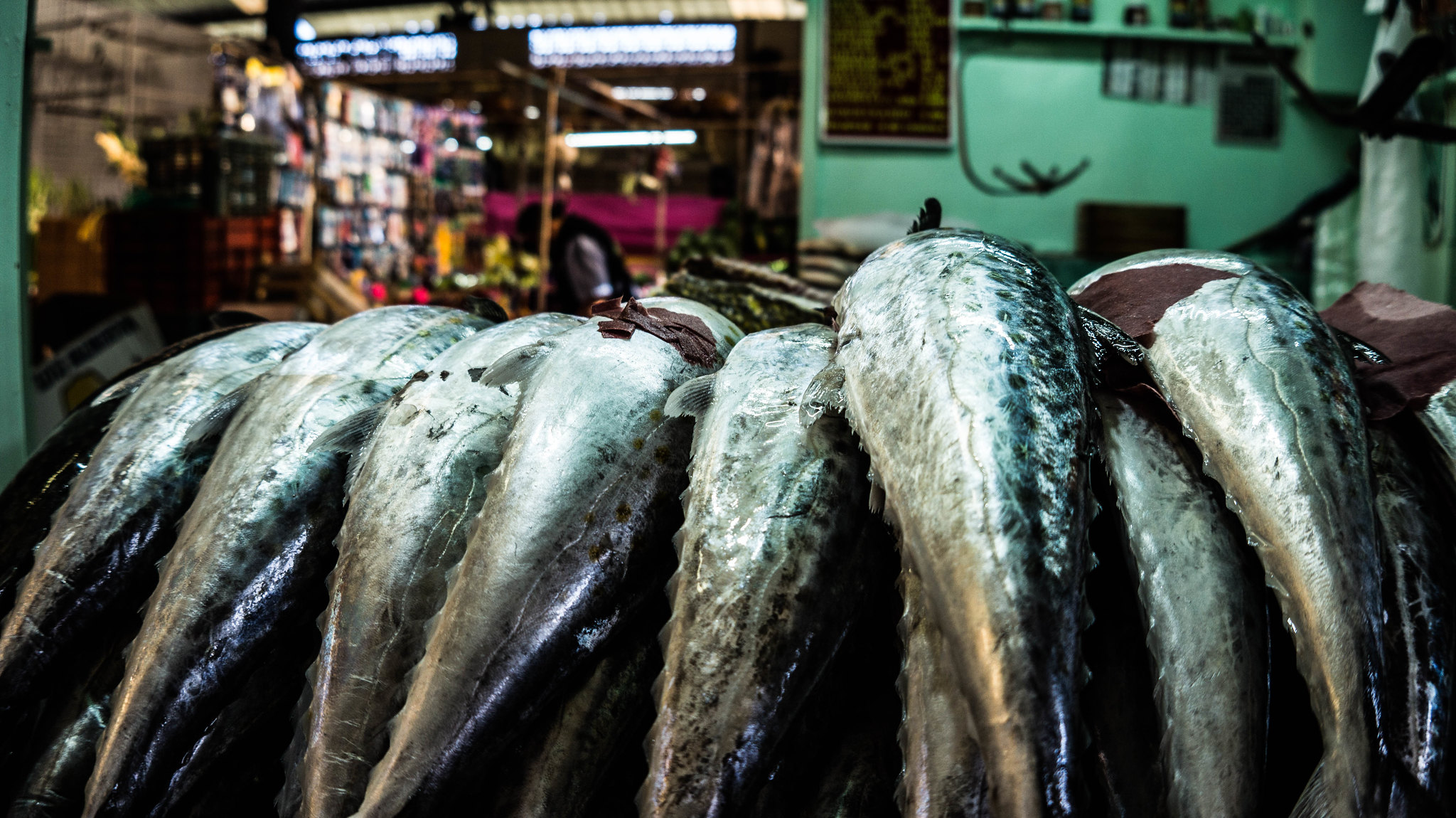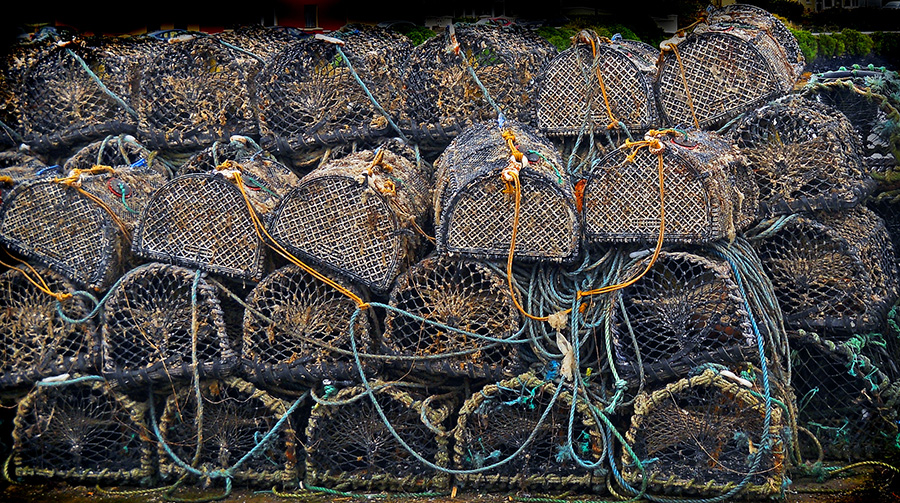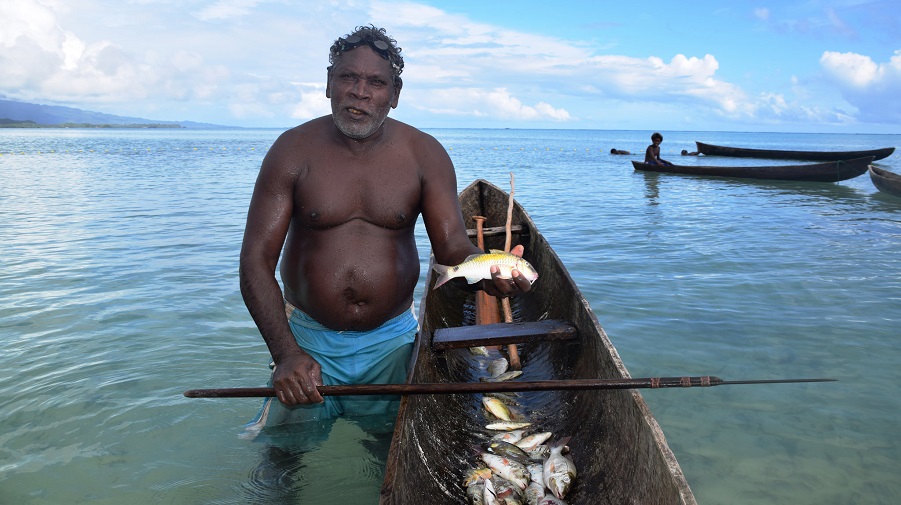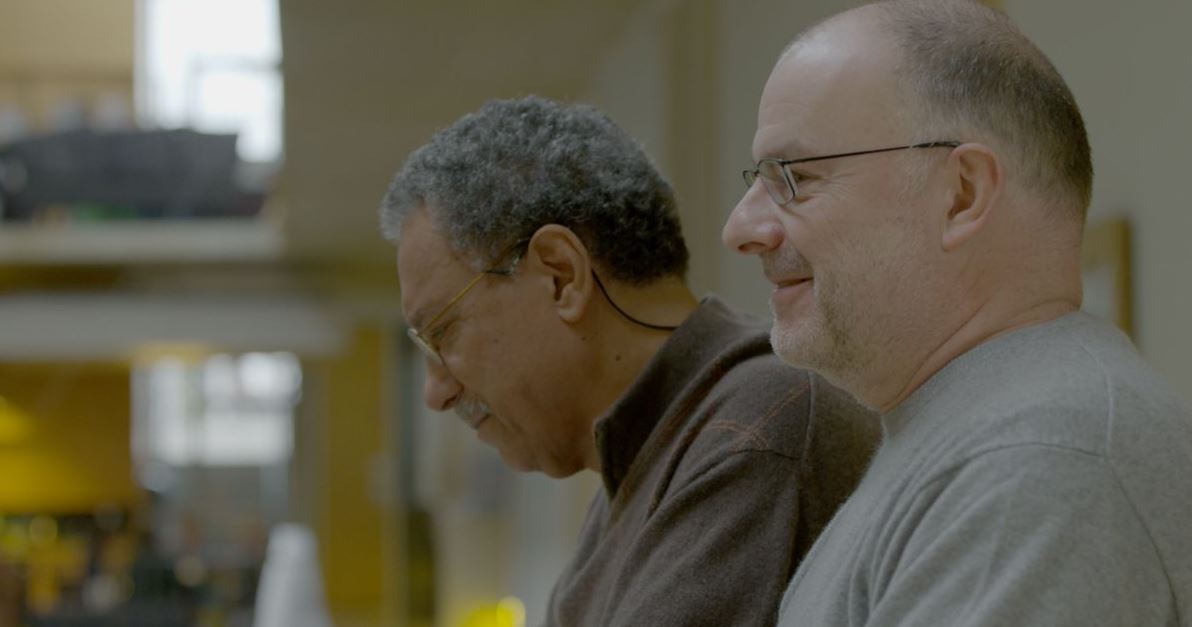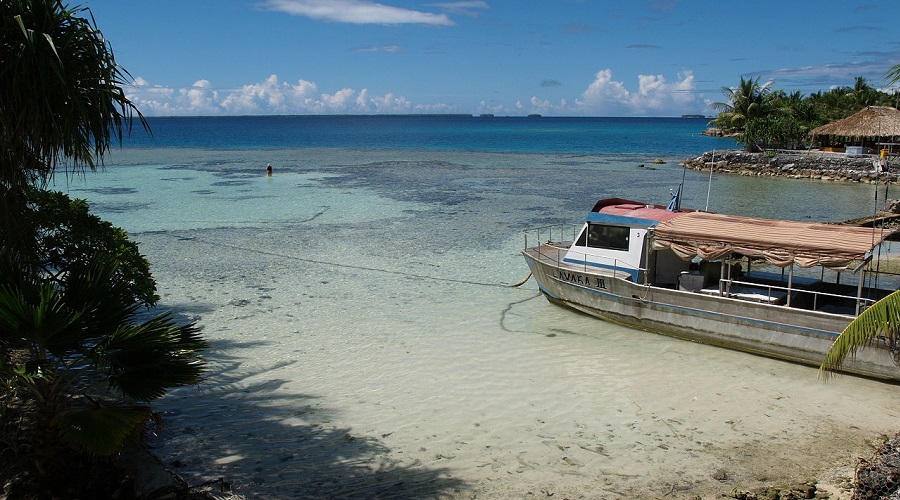Initially proposed by Canada at the Earth Summit in Rio de Janeiro in 1992 and officially recognized by the United Nations in 2008, this day celebrates the ocean and its importance for all living creatures.
World Oceans Day provides also an opportunity for researchers, policymakers, and environmentalists to highlight the most urgent issues affecting the planet’s largest waterbody.
Since this June the Sea Around Us is celebrating not only World Oceans Day but also its 20th Anniversary, it seemed appropriate to reflect on the importance of paying attention to marine fisheries.


